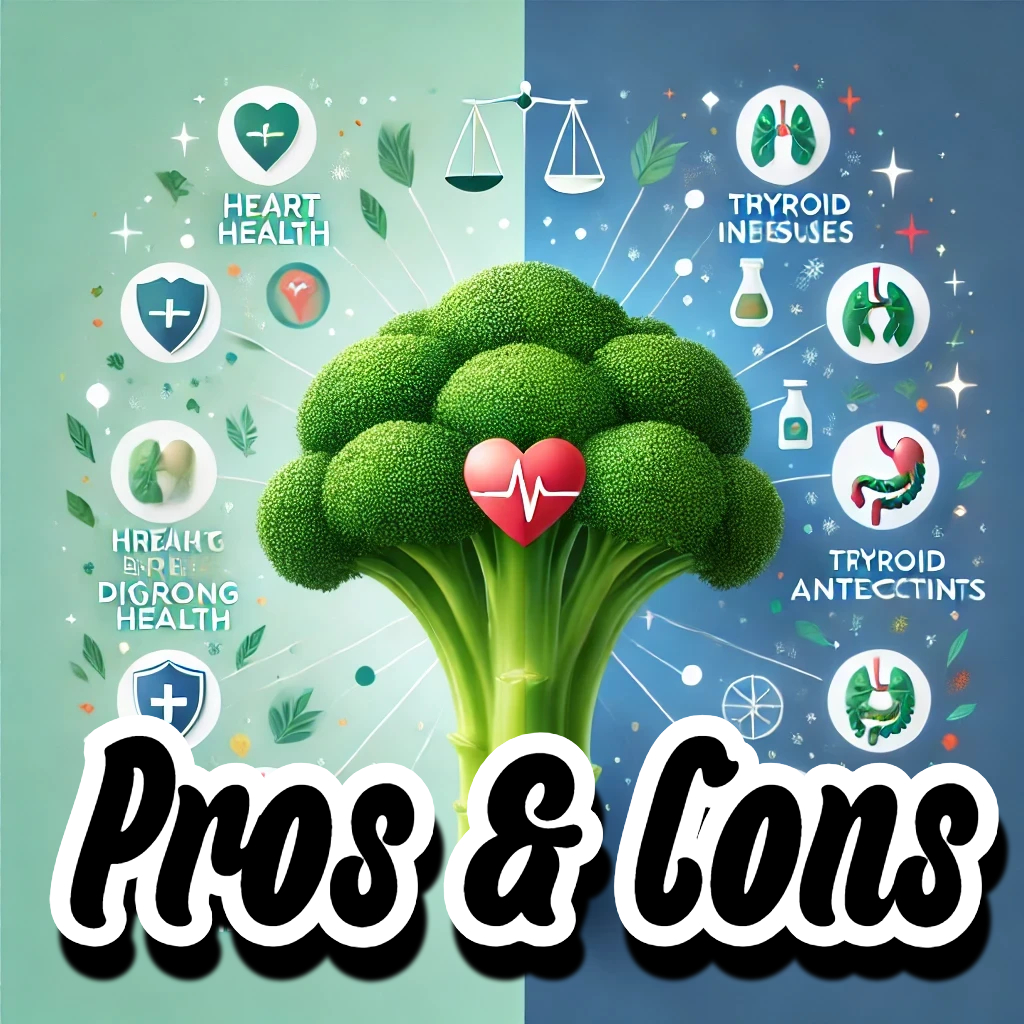Soup has been a staple in diets worldwide for centuries, offering a convenient and versatile meal option. It can be made with various ingredients to suit different preferences and dietary needs. From warming us on cold days to providing an easy way to consume vegetables, soups are packed with nutrition and potential health benefits. In this article, we’ll explore the 7 health benefits of soup and answer some common questions about its advantages and disadvantages.
1. Nutrient-Dense and Hydrating
One of the primary 7 health benefits of soup is its nutrient density. Soups are typically rich in vitamins, minerals, and antioxidants, especially when made with vegetables, lean proteins, and whole grains. This nutrient-rich profile not only nourishes the body but also promotes overall wellness. Additionally, soups contribute to daily hydration needs as they contain a high water content, which is essential for maintaining bodily functions and preventing dehydration.
| Nutrient | Common Sources in Soup | Health Benefits |
|---|---|---|
| Vitamin A | Carrots, sweet potatoes | Supports eye health and immunity |
| Vitamin C | Tomatoes, bell peppers | Boosts immune function and skin health |
| Potassium | Potatoes, spinach | Helps regulate blood pressure |
| Antioxidants | Vegetables, herbs | Reduces inflammation and cellular damage |
| Fiber | Whole grains, legumes | Aids digestion and supports heart health |
2. Supports Weight Loss
For those aiming to lose weight, soup can be a valuable addition to the diet. Low-calorie, broth-based soups filled with vegetables, lean meats, or legumes can provide satiety without adding excessive calories. Research has shown that eating soup before a meal may help reduce overall calorie intake due to its appetite-suppressing effects. This is one of the significant benefits of soup for weight loss as it allows for better portion control and helps maintain a calorie deficit.
3. Boosts Immunity
Another key benefit among the 7 health benefits of soup is its positive impact on immunity. Ingredients commonly used in soups, such as garlic, ginger, and carrots, are known for their immune-boosting properties. Chicken soup, specifically, has been studied for its ability to alleviate cold symptoms by reducing inflammation in the respiratory tract. Additionally, the warm liquid of soup can ease sore throats and promote mucus drainage, offering comfort during illnesses.
4. Aids in Digestion
Soup is often easy on the digestive system and can aid digestion in various ways. The warm liquid can help relax the digestive tract, promoting smoother digestion and reducing bloating or discomfort. Ingredients like ginger, garlic, and certain herbs often used in soups have properties that further support digestion. High-fiber vegetable soups can also encourage regular bowel movements, which contributes to a healthy digestive system.
5. Benefits Skin Health
The soup benefits for skin are notable, especially when soups include ingredients rich in antioxidants, vitamins, and minerals. Soups made with vegetables such as tomatoes, carrots, and spinach are high in vitamins A and C, both of which are essential for skin health. These nutrients help combat oxidative stress, support collagen production, and promote a healthy glow. Adding hydrating elements, such as bone broth, also keeps skin moisturized from the inside out.
| Skin-Boosting Ingredients | Benefits for Skin |
|---|---|
| Tomatoes | High in lycopene, protects against UV damage |
| Carrots | Rich in beta-carotene, supports skin tone |
| Spinach | Contains vitamin C, promotes collagen |
| Bone Broth | Hydrates skin, supports elasticity |
6. Promotes Better Sleep
One of the lesser-known benefits of soup at night is its potential to promote better sleep. Soups, particularly those with lean proteins and certain herbs, can provide a calming effect that helps prepare the body for rest. Warm, broth-based soups can ease digestion before bed and prevent any discomfort that could interrupt sleep. Additionally, some soups made with ingredients like turkey or milk contain tryptophan, an amino acid known for its role in sleep regulation.
7. Adaptable for Diet Plans
Soups can be tailored to suit a wide range of dietary needs, making them an excellent choice for various health goals. This adaptability supports the benefits of soup diet for weight loss, muscle gain, or nutrient boosting. Broth-based soups are typically low in fat and calories, while soups with lentils, beans, or lean meats offer a good source of protein. Vegetarians and vegans can also easily enjoy nutritious, plant-based soups rich in fiber and essential vitamins.

Potential Disadvantages of Soup
While soup has many health benefits, it’s essential to be aware of certain limitations. Here are some soup advantages and disadvantages to consider:
| Advantages | Disadvantages |
|---|---|
| Hydrating and nutrient-rich | High-sodium content in processed soups |
| Aids in weight loss | Cream-based soups are calorie-dense |
| Boosts immunity | Canned soups may contain preservatives |
| Easily digestible | Some soups may lack protein or complex carbohydrates |
| Adaptable for different diets | May require additional ingredients for complete nutrition |
Frequently Asked Questions (FAQs)
1. What are the primary 7 health benefits of soup?
- Soup is nutrient-dense, supports weight loss, boosts immunity, aids digestion, benefits skin, promotes better sleep, and can be adapted for various diets.
2. Are there any disadvantages of soup?
- Yes, some soups, especially canned or cream-based ones, may be high in sodium and calories. Processed soups may also contain preservatives.
3. What are the soup benefits for skin?
- Soups made with ingredients rich in vitamins A and C and antioxidants, such as tomatoes, carrots, and spinach, help combat oxidative stress and support collagen production for healthy skin.
4. Are there any benefits of soup at night?
- Yes, having soup at night can be soothing, aid in digestion, and even support better sleep when made with calming ingredients.
5. How does soup contribute to weight loss?
- Low-calorie, broth-based soups promote fullness, helping to reduce overall calorie intake and making it easier to follow a weight loss regimen.
6. What are the benefits of soup diet?
- A soup diet can provide controlled calorie intake, hydration, and concentrated nutrition, supporting weight management or general health improvement.
7. What are vegetable soup benefits?
- Vegetable soups are high in fiber, vitamins, and antioxidants, which aid digestion, immunity, skin health, and overall wellness.
In summary, incorporating soup into your diet is a delicious and effective way to boost nutrition and enjoy various health benefits. Whether you’re aiming for weight loss, better skin, improved digestion, or immune support, soups can be a versatile ally in achieving your health goals. With mindful choices and homemade options, soup can be an enjoyable addition to your diet, providing lasting benefits without significant drawbacks.


